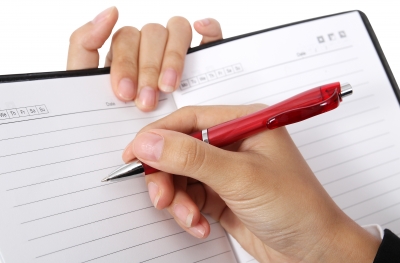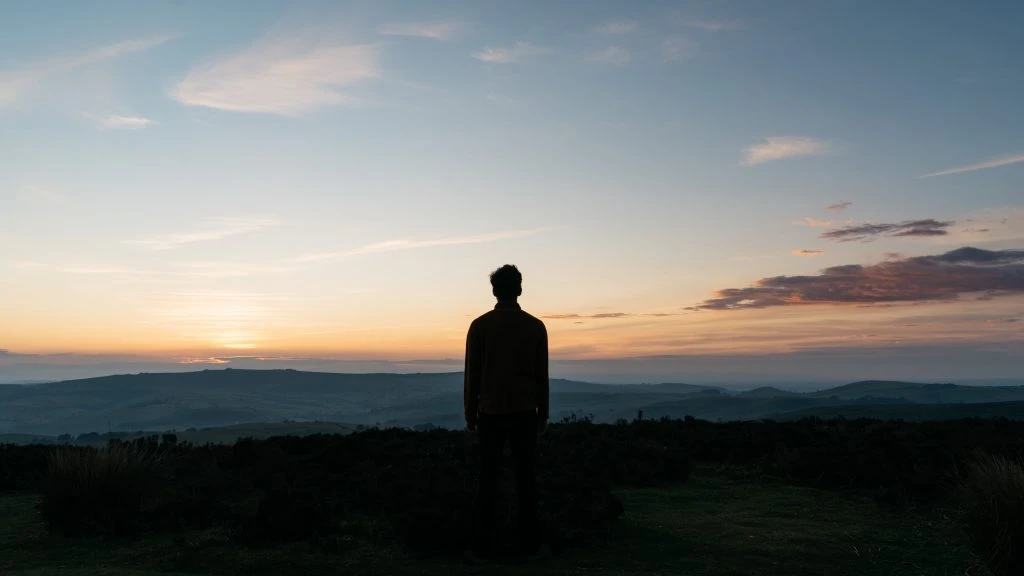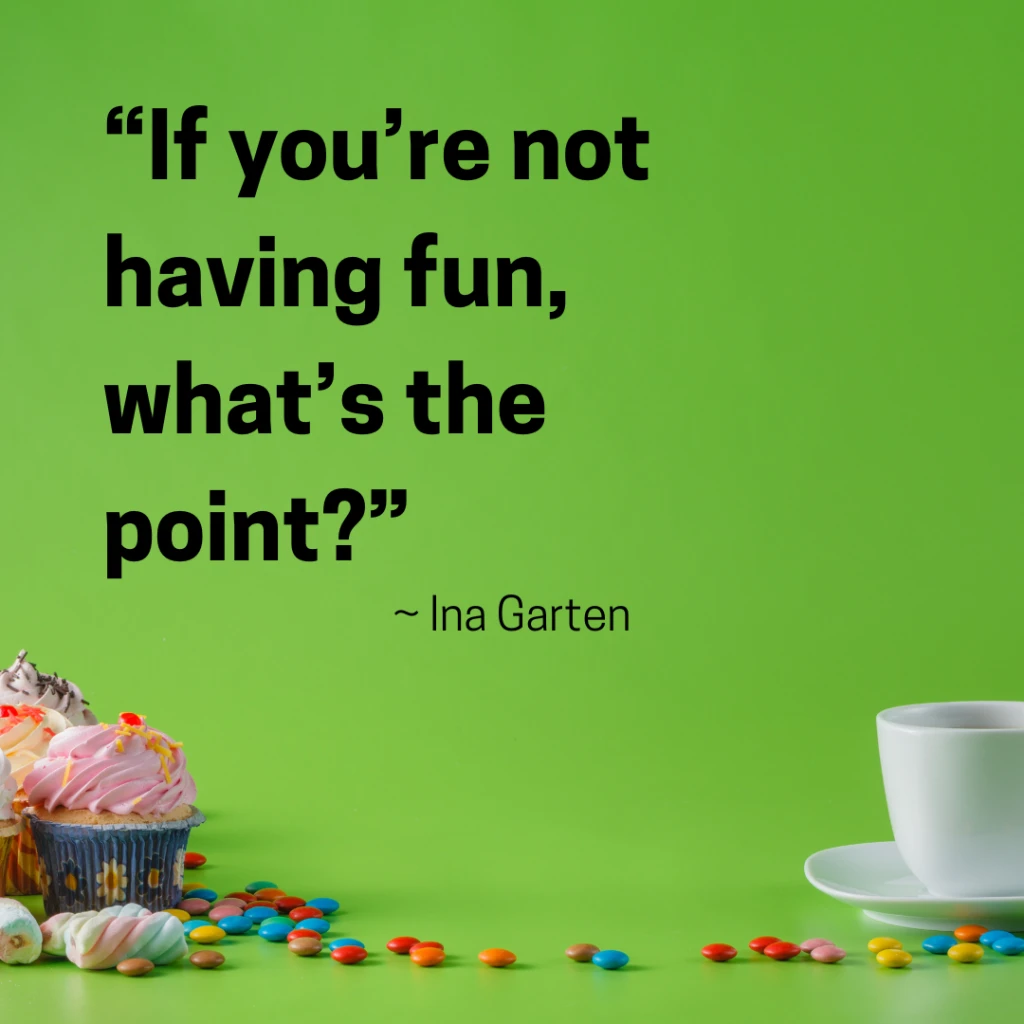 An interview is difficult enough, thank you, without juggling 17 things as you prepare to shake hands with the person who could decide your career fate.
An interview is difficult enough, thank you, without juggling 17 things as you prepare to shake hands with the person who could decide your career fate.
At the same time, the last thing you want to do is arrive unprepared. Nothing says “I can’t handle important tasks” like showing up without the references called for in the job description.
Because we know you’re likely a little nervous, we’ve prepared a checklist of things to bring to your interview. Consider this the minimum—think about what your particular position might require:
Hard copies of your resume. Yes, everything is electronic these days. But an interviewer may invite colleagues to sit in on the conversation, or he may have dashed to the meeting without his laptop. Don’t make him work to track down your information; bring extra copies to your interview.
Hard copies of your references. For the same reasons that you’re going to bring your resume to your interview, carry along a few extra copies of your list of references. Your interviewer may want to assign several people to help her reach out to your contacts. Make it easy on her and score points!
Questions to ask the interviewer. Bring to your interview some general questions to ask the prospective employer about the workplace, such as “Can you please describe the corporate culture here?” Interviewers like smart questions—it means you’re engaged and thinking. Just be sure that you don’t ask something that he just answered. Pause before you choose a question.
Two pens and two pencils. You may need to sign documents, and you’ll definitely be taking notes. Bring at least one pen and one pencil, so that you can fill out anything they give you; a spare is wise in case a pen dries up or a pencil lead breaks.
A professional notepad. Bring to your interview something on which you can take those notes. Employers love it when they see you writing down what they’re saying! And while your son’s Avengers notebook may still have some extra pages left, spring for a new, clean, professional-looking notepad or planner. You may be tempted to rely on a laptop or tablet, but booting it up takes time, creating awkward silence. And it creates a physical barrier between you and your interviewer, diverting your gaze as well.
Examples of your work. This is particularly true for creative industries, but even if you’re in another field, you should bring to your interview some notes about work successes that you can reference when asked to talk about your career history. Be efficient and add them to that professional notepad.
A few tissues. You never know when a sneeze might strike. Don’t sniffle your way through an interview or, worse yet, force your interviewer to track down a tissue for your runny nose. Bring a tissue to your meeting in an accessible pocket.
A bottle of water. That sneeze might turn into a coughing fit. Or your throat might get dry after a long series of conversations. Keep a small bottle of water handy from which you can sip discreetly as needed.
Identification. You may need it to get into the interview room or, best case, you may need it to fill out paperwork for the new job you’ll be accepting!
A calendar. Your interviewer may want to set up a next meeting with you. Bring your calendar in whatever form you use. If that’s your cell phone, be sure the ringer is silenced.
One bag. Don’t schlep a purse, a laptop case and a shoulder bag into the room. You’ll feel clumsy. Choose one modest-sized briefcase or bag in a solid color with clean lines and put everything—your car keys, your small water bottle, your ID, your resume and references, your writing utensils, your calendar—inside. Take out extraneous things, such as the novel you’re reading.
Your confidence. You’ve landed this interview because you’re qualified. Reflect that knowledge in your calm demeanor and warm handshake. Smile—this is your opportunity to get to know them and help them get to know you, in all your talented preparedness!
Photo by Pong, FreeDigitalPhotos.net


